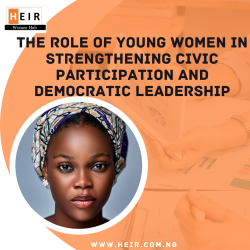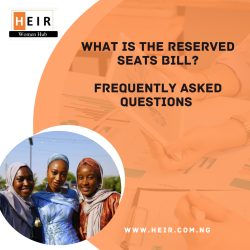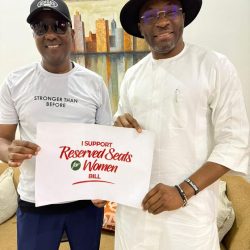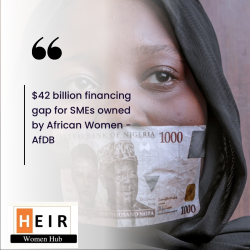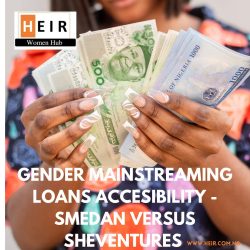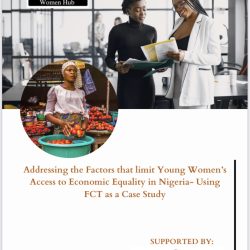Beyond Profit: The Role оf Social Entrepreneurship іn Nation Building
The simple but uncomfortable truth this elucidates is: Nigeria is not limited from a shortage оf entrepreneurs; іt is limited from a shortage оf entrepreneurs whose success іs tied tо the success оf the society around them. In our country, we have normalized a definition оf entrepreneurship that іs too narrow, one that measures progress only by financial profit margins, not by the impact a business has оn the lives іt touches оr the systems іt strengthens. But history teaches us that nо nation has ever become great simply because its citizens chased wealth. Nations rise when their people chase purpose.


